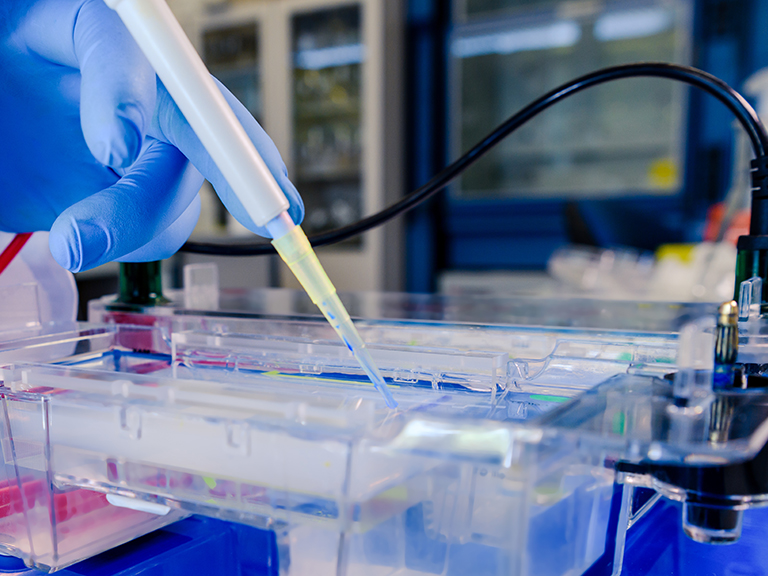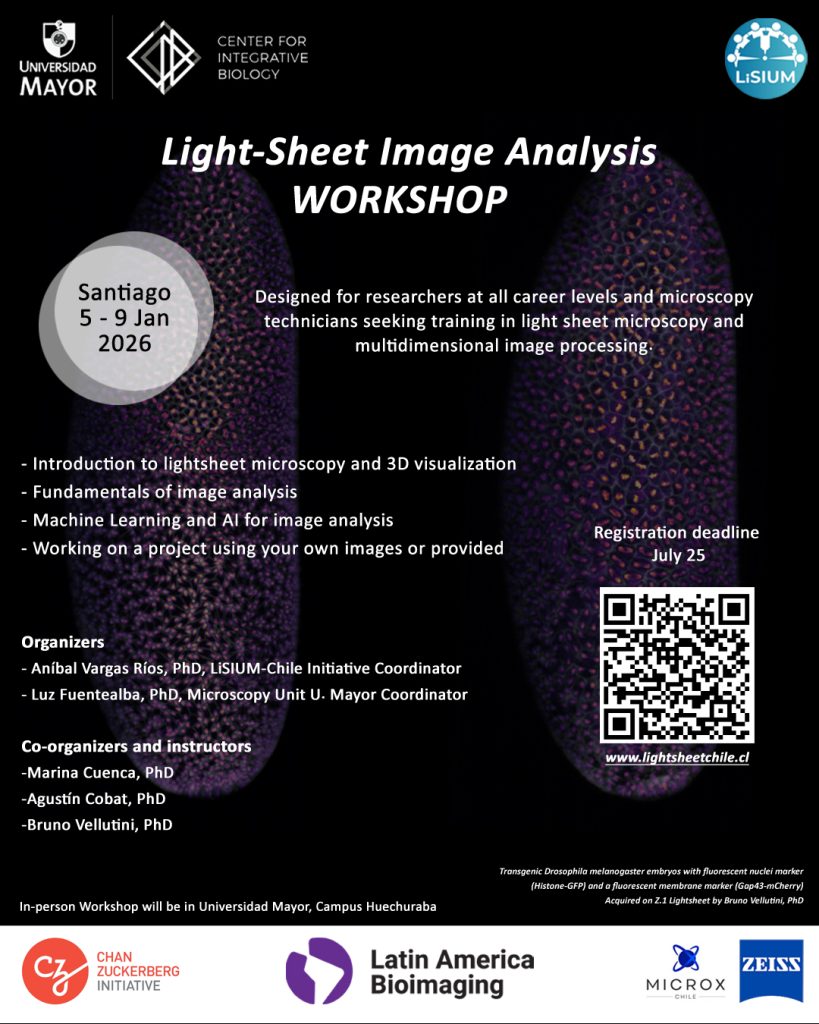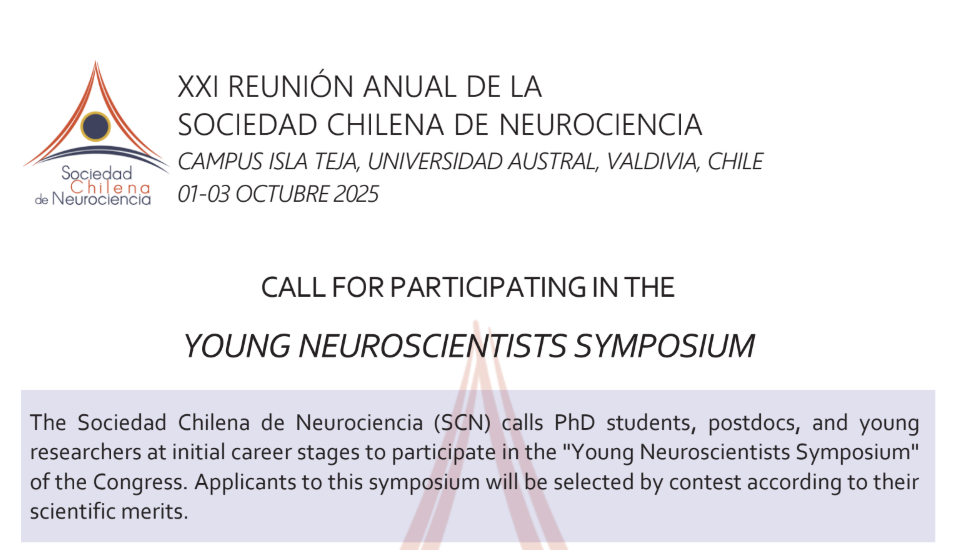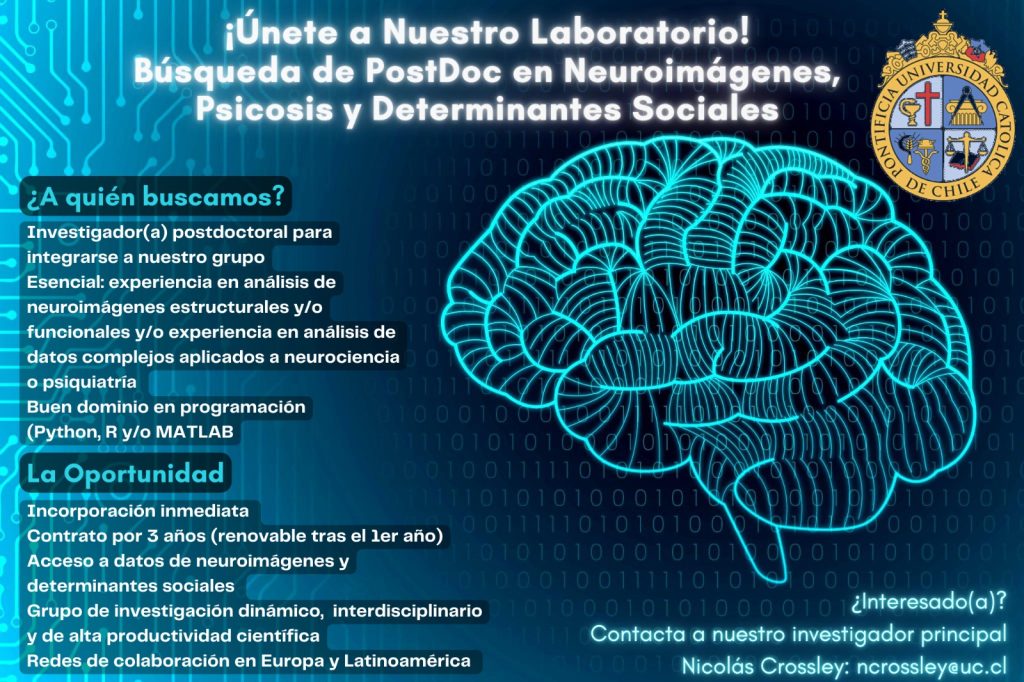Postdoctoral Associate – Stanley Center for Psychiatric Research

ABOUT THE BROAD/STANLEY CENTER
Our research teams here are working on redefining the boundaries of science and medicine with an interdisciplinary model designed to meet today’s most critical biomedical challenges. Here you will find a supportive and collaborative intellectual environment and a firm commitment to continuously invest in cuttingedge technology and biology.
The mission of the Stanley Center for Psychiatric Research at the Broad Institute is to discover novel therapeutics to ameliorate the burden of psychiatric disorders. We aim to leverage the significant role of genetics in the pathogenesis of psychiatric diseases as an effective window into their biology and as clues to new therapeutics. The Center has extensive collaborations with investigators, both within the local Harvard and MIT communities and more broadly across the world
OVERALL RESPONSIBILITY
The candidate will work at Pan Lab within the Stanley Center for Psychiatric Research. Their main role will be to implement high throughput automated electrophysiology to characterize the impact of genetic variants on the candidate risk genes associated with psychiatric disorders. The candidate will develop and implement cellular assays and electrophysiological protocols to analyze genetic variants in ion channels and other membrane proteins and dissect the role of such variation in the disease pathogenesis of psychiatric disorders in vitro and in vivo. The researcher will be responsible for communicating results to the scientific community through conference presentations and publications, and within Broad Institute internal communications.
QUALIFICATIONS
- Ph.D. in Neuroscience, Cell biology or related field with solid training in in vitro electrophysiology and ion channel physiology. Demonstrated technical proficiency in whole-cell patch-clamp recordings and analyses in cultured cells or brain slices.
- Experience in structure-functional analysis of membrane proteins.
- Proficient in cell biology, molecular biology, and biochemical assays including protein stability analyses and membrane protein trafficking assays.
- Experience in ion channel physiology and quantitative analysis, such as ion channel kinetic modeling or single channel analysis is a plus.
- Proven record of significant contribution to research projects as individual contributor and as a collaborator. Must have outstanding personal initiative and communication skills, and be able to work in a collaborative environment.
The successful candidate will be a results-focused individual able to excel in a fast-paced environment. They must be self-motivated, detail-oriented, and exhibit strong problem-solving skills. In addition, the successful candidate should be a clear and effective communicator, demonstrating strong interpersonal skills to enable collaboration with peers and management within Broad and external institutions.
Interested applicants, please send an email to dbaez@broadinsitute.org, including a CV (no more than three pages) and at least two references.
All qualified applicants will receive consideration for employment without regard to race, color, religion, sex, sexual orientation, gender identity, national origin, disability, or protected veteran status.










